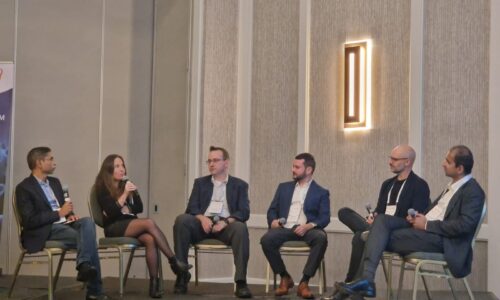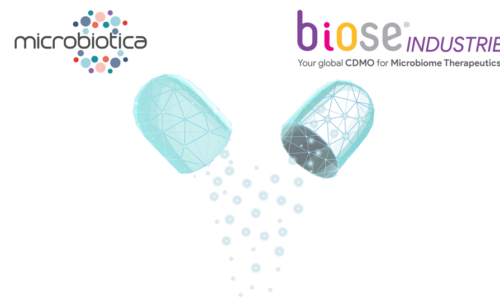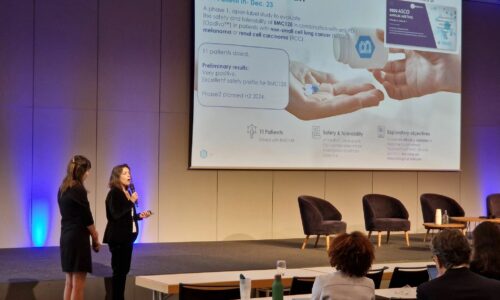Live biotherapeutic products (LBPs), or live microorganisms employed as drugs, are relatively new on the pharmaceutical scene. Yet Biose Industrie CEO Adrien Nivoliez has his eye on the future. According to experts and market research, LBP development and manufacturing are set to grow exponentially as the field matures in the years ahead—and Nivoliez foresees that LBP developers will require flexible manufacturing solutions to lead them through clinical trials and into the market.
Nivoliez is embarking on a plan to build the LBP manufacturing capacity and expertise that will be needed down the road thanks to a recent €30 million round of funding for Biose Industrie, led by Cathay Capital.
“We need to continue to grow and innovate in order to maintain our position as the leading contract development and manufacturing organisation (CDMO) for LBPs. We intend to consolidate our position as the leader in this area” says Nivoliez. “This recent ‘vote of confidence’ from Cathay Capital will allow us to work on our plan over the next four years.”
Cathay Capital has become a minority shareholder in the company, joining initial investor Stanislas Desjonquères.
“Soon, this space will be not only a clinical reality but also a commercial reality, with drug market authorization just around the corner,”
says Nivoliez.
“We have already been growing our capacity and knowledge over the past several years, and now we are committed to extending our lead in the industry.”
Richard Ellis, Business Development Director at Biose Industrie, notes,
“Biose already has the biggest volumes for a CDMO by quite a long way, but we predict a huge lack of capacity in the LBP space in the years ahead.”
To address this, the company plans to increase its capacity in all areas, from development to commercial production. Ellis explains,
“We will acquire a huge 5000L reactor; a new clinical drug product line is already underway which offers anaerobically contained equipment to put the active ingredients into the delivery mechanism if necessary under anaerobic conditions (capsule, tablet, sachet, cream or oil); and a massive -20°Cfreezer warehouse to stock all of the Drug substance prior to encapsulation.”
The relevant technical knowledge, too, will be strengthened. Ellis says,
“We plan to expand our existing R&D facility, doubling its size to enable us to grow our process development knowledge. This will add critical value for our clients, because every individual strain requires a new process development study to ensure a scalable solution.”
The funding will also enable the France-based company to reinforce its presence in the United States and grow its service offering for China.
“Boston has long been an important centre for biotech, and for microbiome therapeutics specifically. We plan to open an office in September this year with a project manager based there,”
says Ellis. At the same time, the company will focus on FDA certification in order to produce commercial drugs for the US. China will also be a major area of growth in the coming decade, with rapidly accelerating developments related to gut microbiome therapeutics.
Fabien Wesse, Partner at Cathay Capital, says the COVID-19 pandemic has only increased the importance of the company’s objectives. He says,
“Biose Industrie’s ambitious project is more relevant than ever in this period we are going through. [The company’s leaders and investors] were visionary in investing massively, at a very early stage, in LBPs, one of the most promising areas of healthcare in years to come.”


